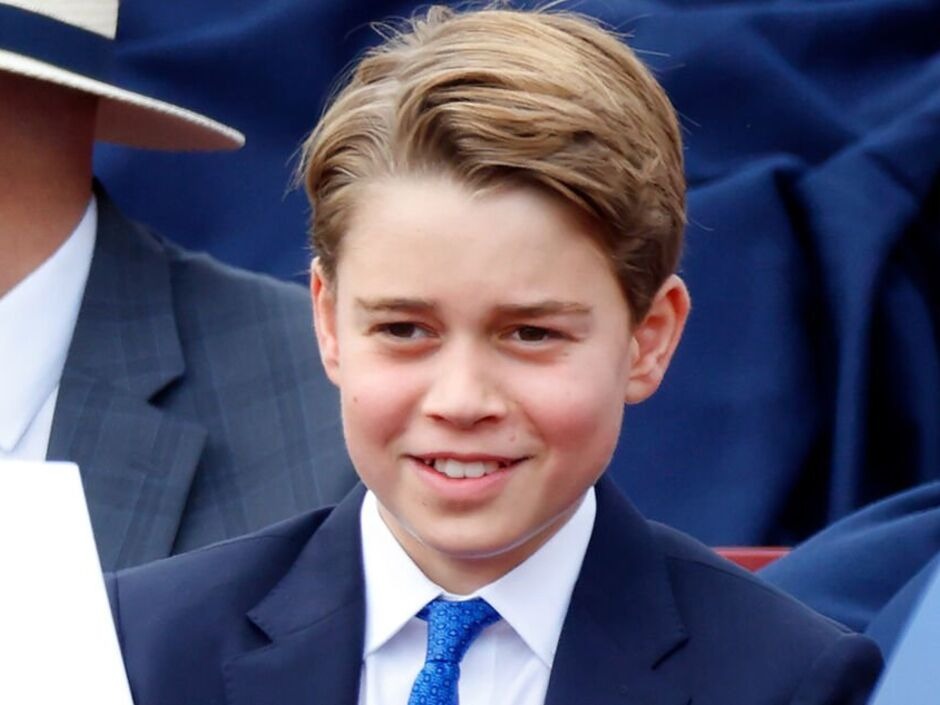Disclaimer: All references to Prince George’s education are based on public domain reporting and do not include private family details or unauthorized photography
As Prince George of Wales prepares to transition from Lambrook School near Windsor ahead of his 12th birthday in July 2025, the public and media alike are closely watching where the young royal will pursue the next stage of his education. With options ranging from traditional elite boarding schools to progressive, co-educational institutions, the decision holds more than academic weight—it reflects the evolving values of a modern royal family.
Current Schooling: A Foundation at Lambrook School
Prince George currently attends Lambrook School, a prestigious co-educational preparatory school in Berkshire, just a short drive from Adelaide Cottage, the Wales family’s residence on the Windsor estate. Lambrook is known for its blended emphasis on academics, character development, and extracurricular activities, including sports, music, and outdoor education.
According to Lambrook School, the school prides itself on nurturing well-rounded students and maintaining a strong connection between pupils and their families—qualities that align with Prince William and Princess Catherine’s parenting values, which prioritize stability and hands-on involvement.
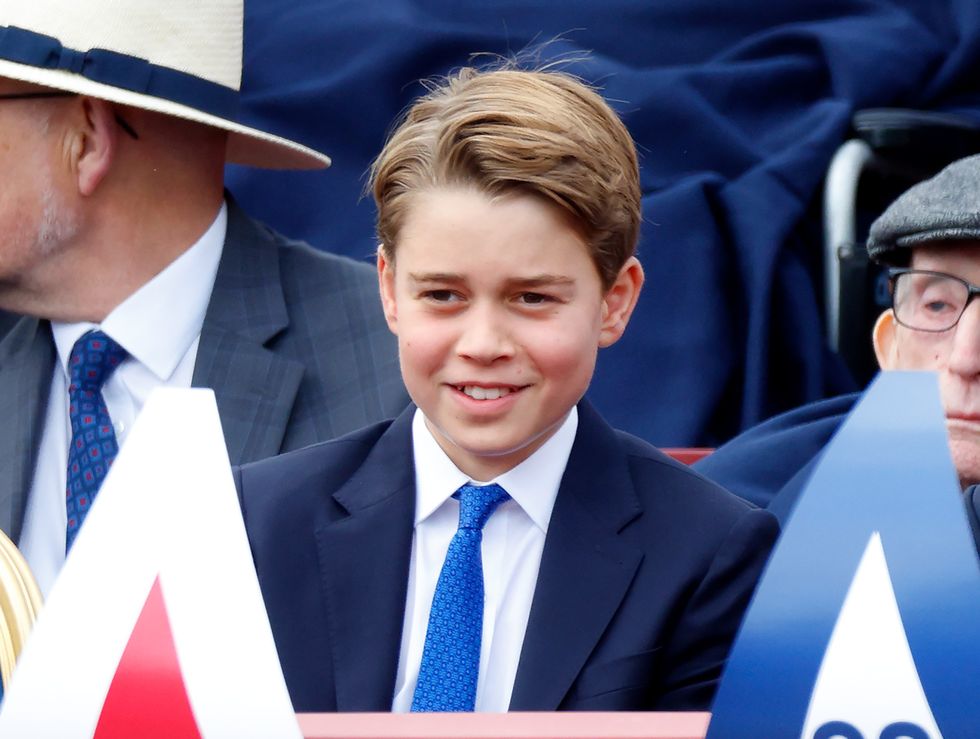
The Eton Question: Royal Tradition vs. Modern Priorities
Historically, Eton College has been the school of choice for British royal males, including King Charles III, Prince William, and Prince Harry. The all-boys independent boarding school, located in Windsor, is internationally recognized for its academic excellence, leadership development, and extensive alumni network.
As reported by BBC News, Prince George has already visited Eton with his parents, fueling public expectations that he may follow the traditional path. Eton offers a classic boarding school experience steeped in tradition, discipline, and exclusivity. Its proximity to Windsor would also make family visits relatively feasible.
However, the question remains whether this time-honored route fits the vision of a more modern, grounded monarchy that Prince William and Princess Catherine have sought to cultivate.
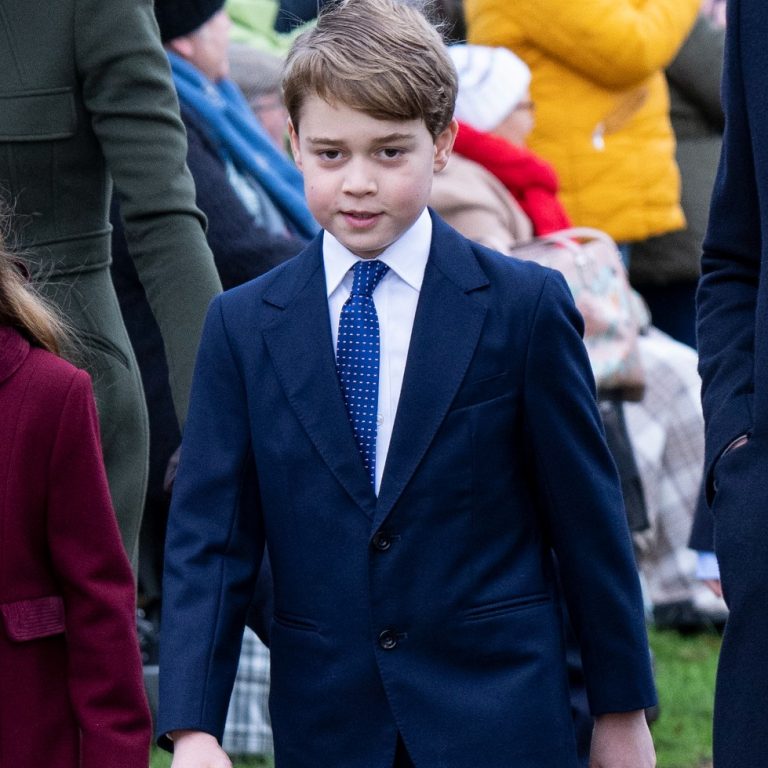
Highgate School: A Contemporary Contender
In contrast, Highgate School, a co-educational day school in North London, has emerged as a serious alternative. Established in 1565, Highgate combines strong academic results with a commitment to pastoral care, inclusivity, and the arts. Its co-ed structure and urban day-school format offer an educational experience more reflective of modern British society.
According to the Highgate School website, the institution emphasizes creativity, mental well-being, and digital responsibility, making it an appealing option for parents seeking a holistic education that extends beyond traditional metrics.
Recent reports from The Times confirmed that Princess Catherine had visited Highgate and spoken with members of the faculty, including the Head of Drama, highlighting potential interest in George’s artistic development as well as academics.
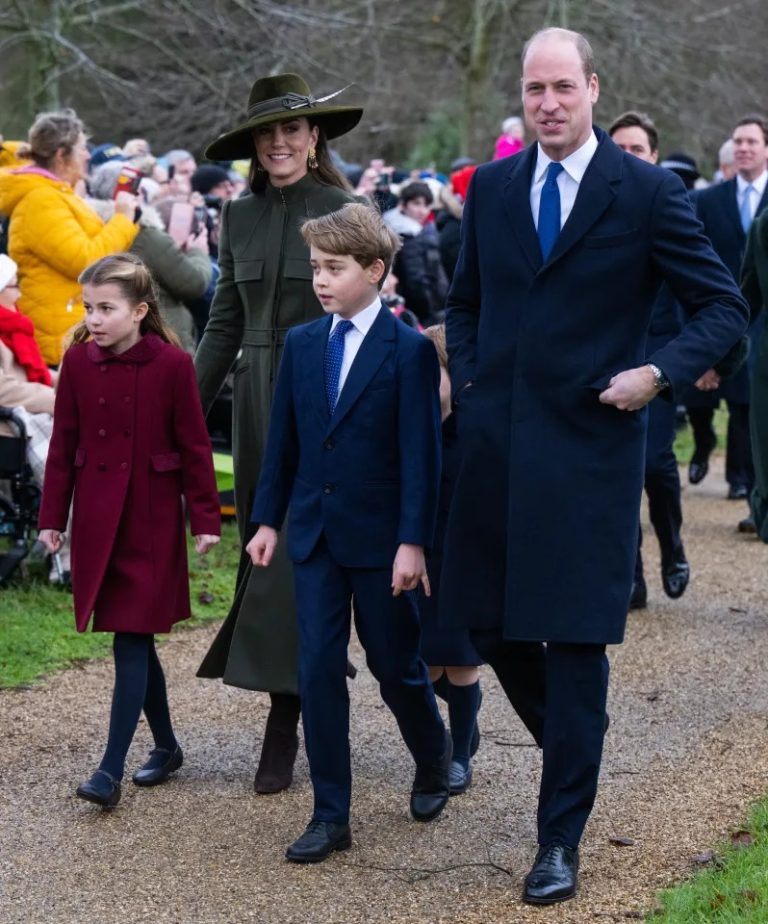
Leadership Perspective: Highgate Headteacher’s Digital Advocacy
Adam Pettitt, Highgate’s Headteacher since 2006, has gained attention for his strong views on digital wellness and children’s screen time. In recent statements widely cited in UK media including The Times, Pettitt has called for limits on mobile phone use in schools and at home, stressing the need for children to develop interpersonal and emotional skills without excessive digital interference.
Under Pettitt’s leadership, Highgate has implemented a mobile phone ban during school hours, encouraging face-to-face communication and deeper focus in the classroom. He emphasizes the importance of play, creativity, and shared real-world experiences over screen engagement—values that could resonate with the Wales family’s parenting philosophy.
Prince William and Princess Catherine have spoken publicly in the past about digital safety and mental health, aligning with the goals of organizations such as Heads Together, a mental health initiative launched by the couple and Prince Harry. The alignment of Highgate’s principles with the royal couple’s priorities on child development, digital health, and balance could make it a compelling option.
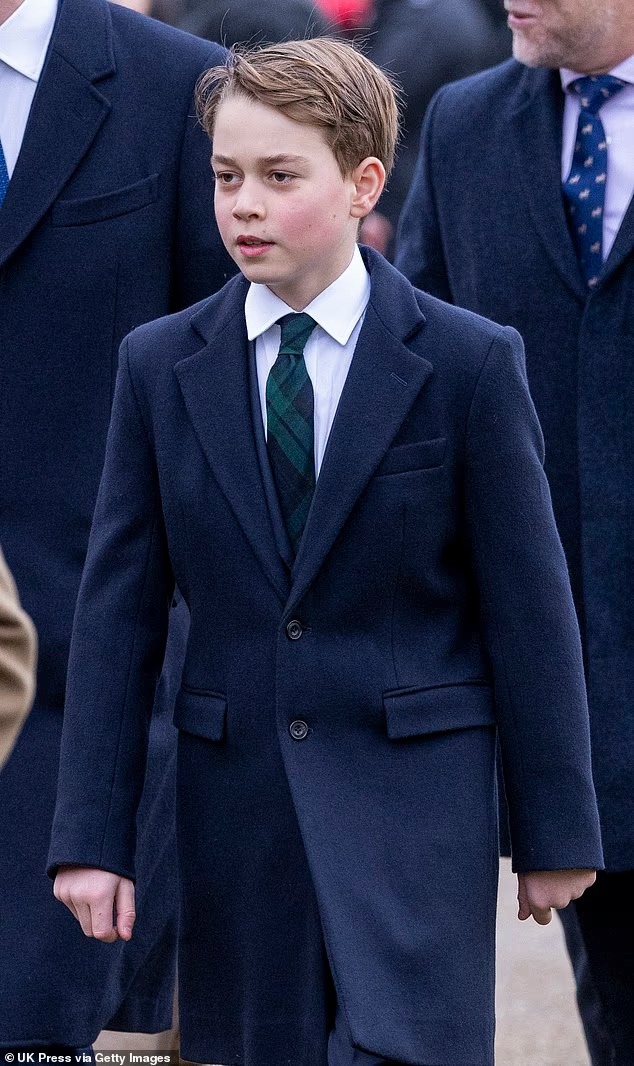
Education as a Symbolic Choice
The decision about where Prince George will continue his education is not just about academics; it is a symbolic reflection of the monarchy’s direction. Choosing Eton would reinforce traditional expectations and royal continuity. Choosing a school like Highgate would send a message that the monarchy is adapting to reflect modern values, diversity, and parental involvement.
Royal commentator Valentine Low, writing for The Times, noted that William and Catherine have emphasized a more grounded approach to royal life, preferring practical parenting, fewer formalities, and active roles in their children’s lives. This approach may shape their schooling decisions, especially when balancing exposure to royal protocols with the needs of a child growing up in the public eye.
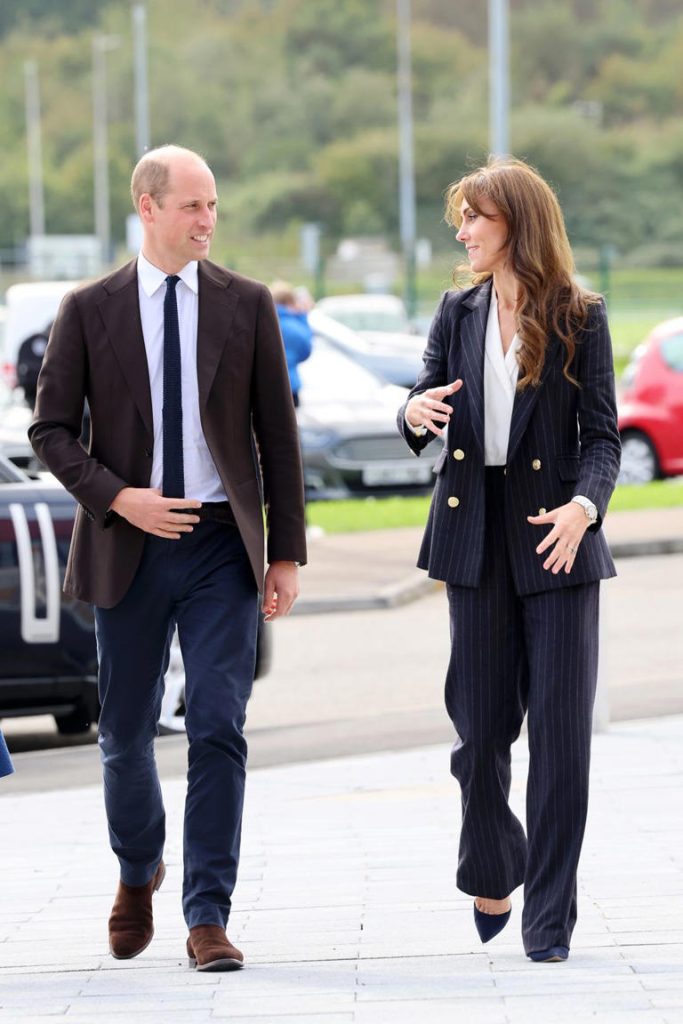
Public Interest and Media Speculation
Media coverage around Prince George’s education continues to grow, especially as he enters an age where choices become more formalized. However, the Royal Household has not issued any public statement about future schooling decisions, and the family has maintained their policy of limiting exposure of their children to media speculation.
In line with Royal.uk, Prince George’s public appearances are carefully managed, and media coverage is limited to official photographs and milestone events. The decision about his next school will likely be shared in due course through official channels rather than leaked reports.
Broader Context: Mental Health and Modern Education
Across the UK, growing attention is being paid to the impact of school environments on children’s mental health. According to the National Health Service (NHS), childhood anxiety, screen-related stress, and academic burnout have become growing concerns. Schools that prioritize well-being, communication, and resilience are being viewed more favorably by families seeking long-term development over short-term academic pressure.
Whether George attends Eton or another institution like Highgate, his education will likely reflect these broader trends toward balanced education models that integrate academic success with well-being, creativity, and social awareness.

Conclusion: A Royal Education, Reimagined
As the world watches Prince George’s next educational step, the choice of school carries significant weight—not just for his personal development, but as a glimpse into the future of the British monarchy. Will the heir to the throne follow in the traditional footsteps of his forebears at Eton College, or will he embark on a more modern path at a school like Highgate, reflective of evolving values around parenting, education, and emotional intelligence?
The decision, still unannounced, will ultimately reflect Prince William and Princess Catherine’s vision of raising a well-rounded leader—prepared not just for the throne, but for a rapidly changing world.
